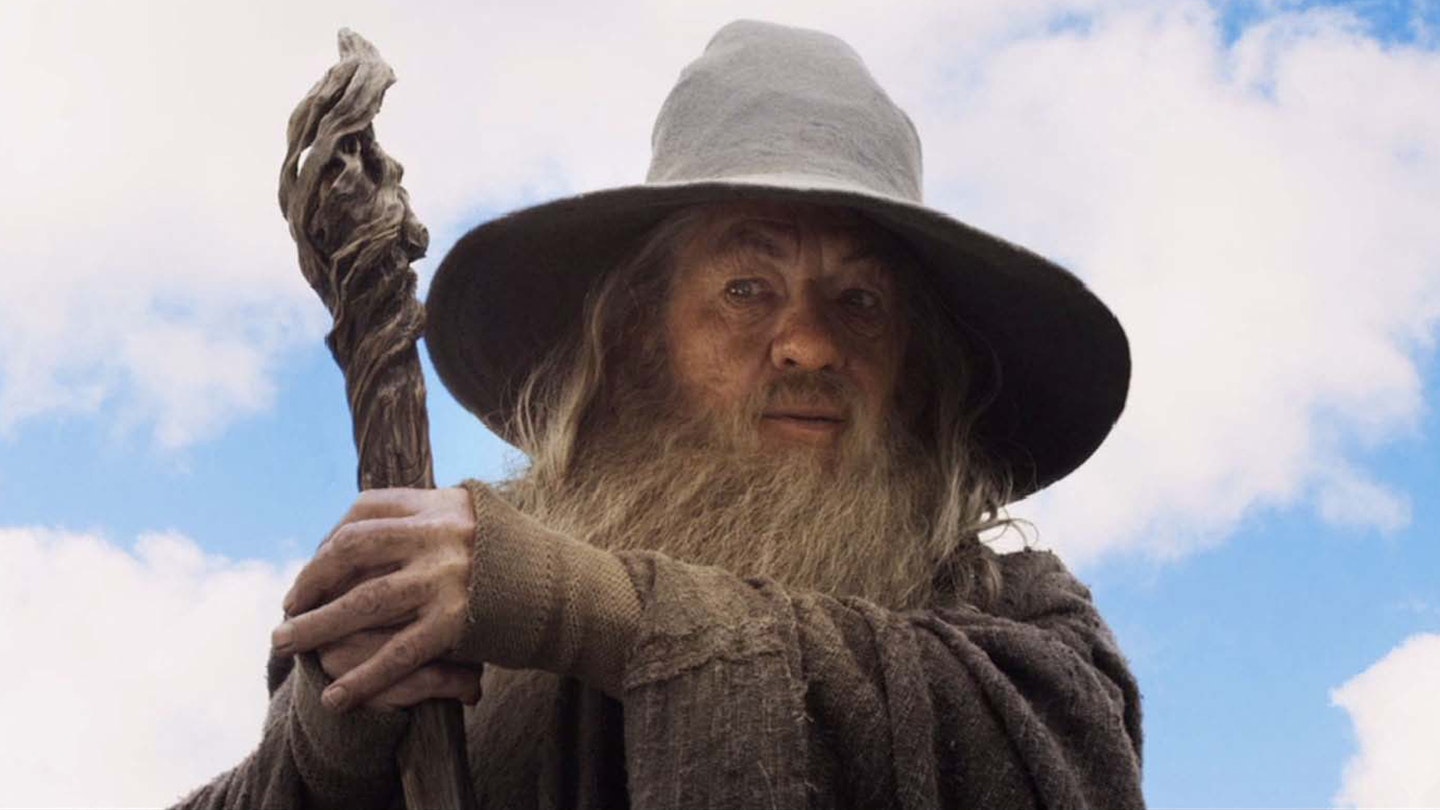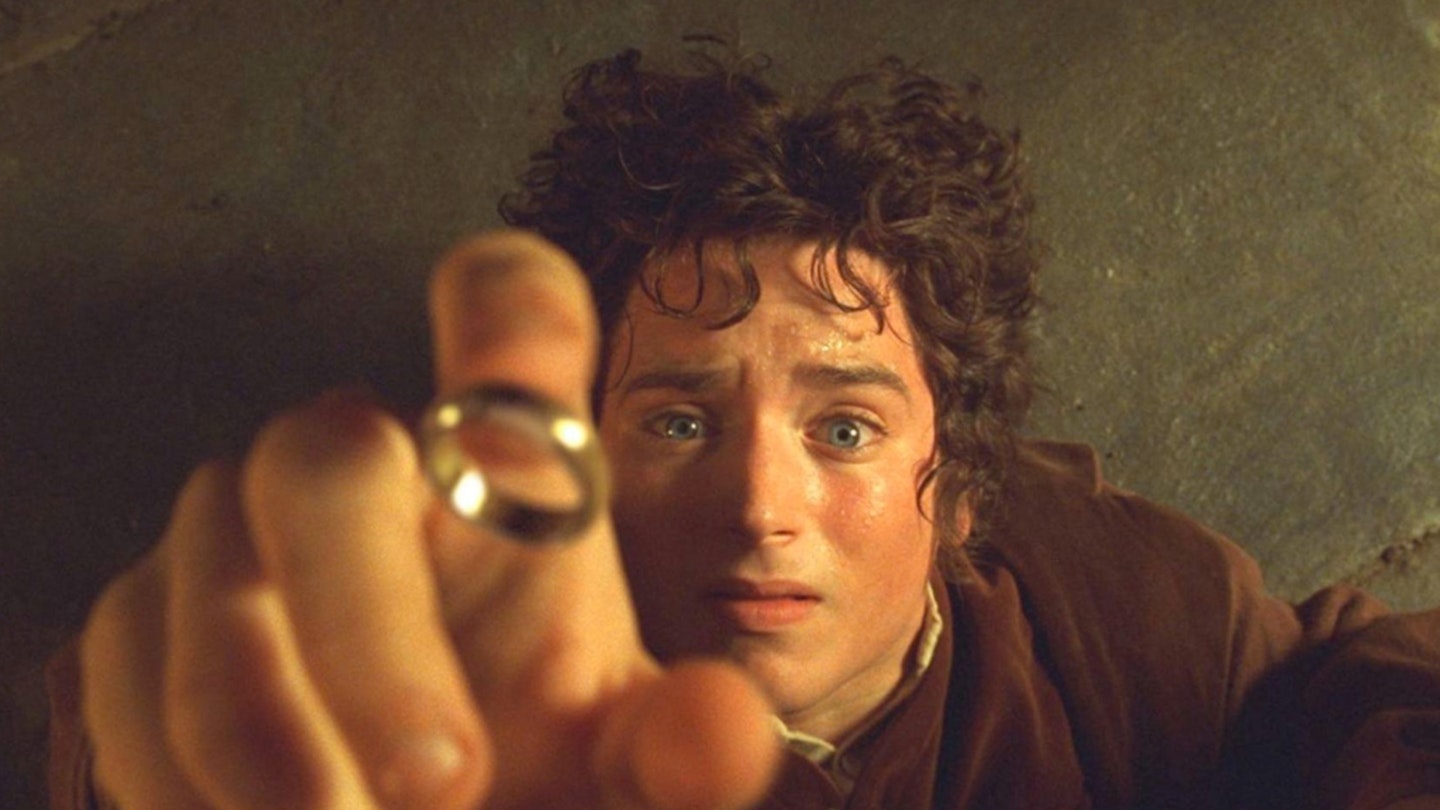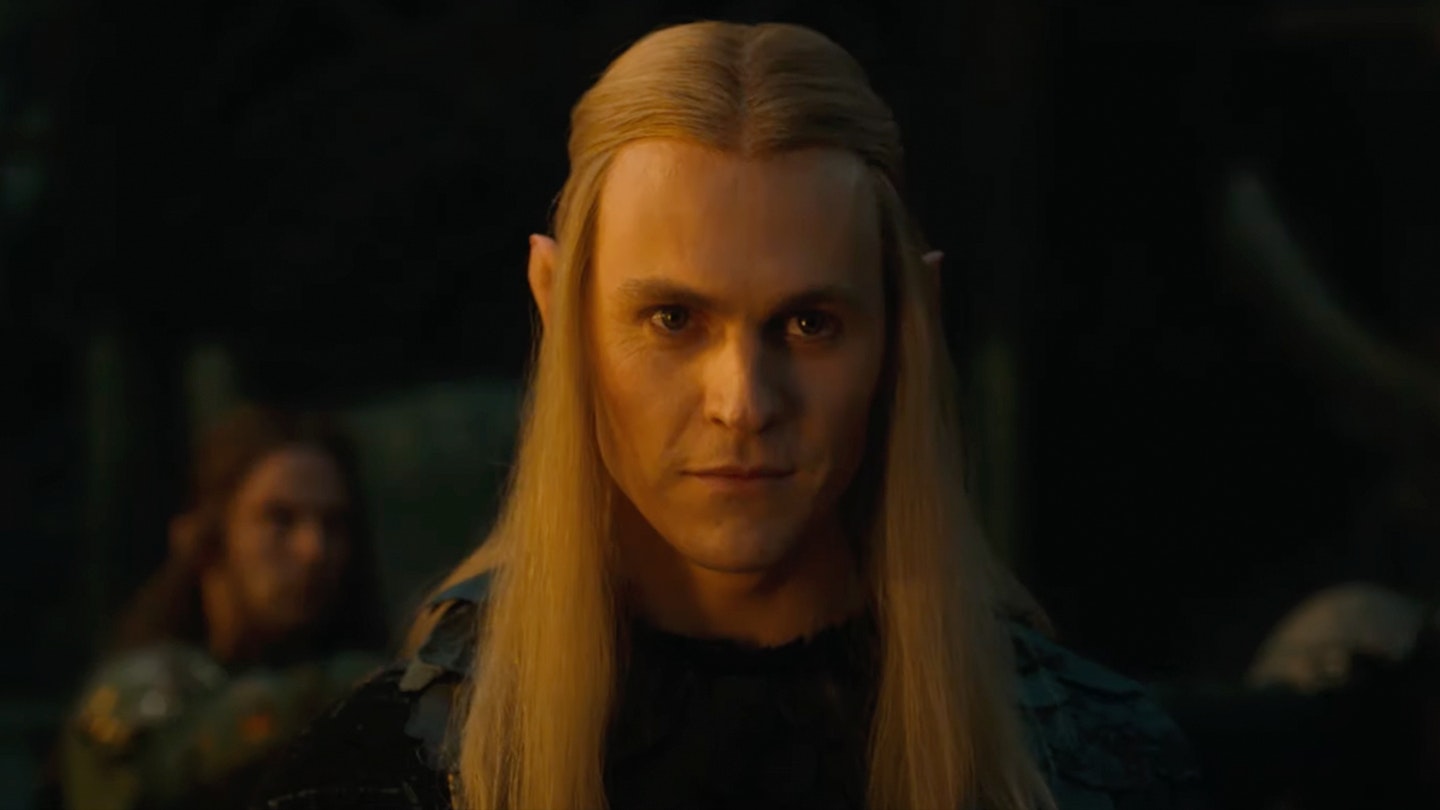Peter Jackson has always maintained that The Two Towers is "the second act" of his epic undertaking, and perhaps the true greatness of the middle chapter will only be clear when viewed in context. As a stand-alone film, however, The Two Towers is not quite as good as Fellowship. (Nor, indeed, does it extend the universe or deepen the relationships in the manner of The Empire Strikes Back.) That it still merits the full five stars is merely an indication of how high the benchmark has been set.
Picking up pretty much where Fellowship left off, this is a considerably darker film, with Frodo (Wood) falling further under the influence of the Ring (giving rise to some seriously spooky hallucinations), while Saruman (Christopher Lee) wreaks even more havoc. There's also the first appearance of Saruman's spy, the sinister Wormtongue (Brad Dourif), and the complex Gollum, a brilliant combination of computer trickery and raspy vocals from Andy Serkis (the campaign for a Best Supporting Actor Oscar starts here).
Other newcomers include Faramir (David Wenham), the understandably miffed brother of the recently deceased Boromir, and Éowyn (Miranda Otto), who spends much of her time casting winsome glances in the general direction of Aragorn (Mortensen). Eventually the plot complexities become more coherent, setting the action up for the forthcoming finale, The Return Of The King.
As we've come to expect, this is spectacular stuff - from an opening which sees Frodo troubled by dreams about the demise of Gandalf, through to the climactic Battle Of Helm's Deep, which is nothing short of breathtaking. But Jackson cleverly tempers the louder, brasher sequences with some heartstring-tugging moments - peasants despondent as they are forced to abandon their villages, Aragorn and Arwen's troubled relationship, and, of course, the return of Gandalf (Sir Ian McKellen, superb as ever), one of the film's most powerful, memorable images that may well leave Ring devotees a little misty-eyed.
However, those who still believe that the trilogy is beyond criticism may find their views challenged by The Two Towers. It's just as long as the first film, but gets the heroes no closer to a final victory. And, where the first movie developed its emotional tone from the brightness of The Shire to a darker climax, the sequel is more of a one-note affair, shadowy in both look and content.
This is particularly true of the Ringbearer's quest, which adds the not-insignifcant Gollum to the party, but suffers more than the other story strands from the cross-cutting and finishes with a nearly identical pep talk from Sam to the tearful speech that climaxed Fellowship. Of course, given the nature of the material, and Jackson's desire to be faithful, this is all understandable. And by the time we all end up under siege at Helm's Deep, it's unlikely anyone will give a toss about narrative arcs: like Gollum, this is simply gob-smacking, mind-blowing, never-seen-before stuff.








